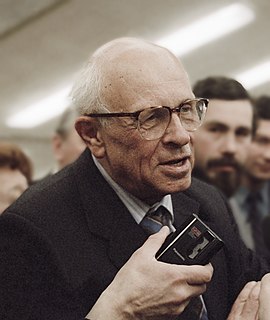A Quote by Lawrence M. Krauss
As a physicist, I've always found cosmology to be a rational elixir; it distances me from ordinary concerns.
Related Quotes
The difference between ordinary and extra-ordinary is so often just simply that little word - extra. And for me, I had always grown up with the belief that if someone succeeds it is because they are brilliant or talented or just better than me... and the more of these words I heard the smaller I always felt! But the truth is often very different... and for me to learn that ordinary me can achieve something extra-ordinary by giving that little bit extra, when everyone else gives up, meant the world to me and I really clung to it.
However destructive may be the policies of the government and the methods and products of the corporations, the root of the problem is always found to be found in private life. We must learn to see that every problem that concerns us as conservationists always leads straight to the question of how we live. The world is being destroyed, no doubt about it, by the greed of the rich and powerful. It is also being destroyed by popular demand.
After finishing the gymnasium in Muenchen with 9 years of Latin and 6 years of ancient Greek, history and philosophy, I decided to become a physicist. The great theoretical physicist Arnold Sommerfeld, an university colleague of my late father, advised me to begin with an apprenticeship in precision mechanics.


































